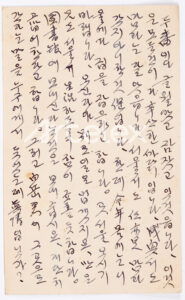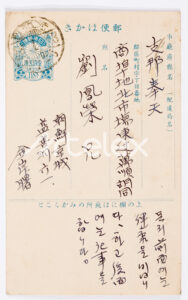Kim Eok (February 11, 1896 – August 10, 1933) was a pioneering figure in modern Korean poetry, leaving a lasting impact on the history of Korean literature. Emerging on the literary scene in the early 1920s, he was active as both a poet and a translator, playing a crucial role in modernizing Korean poetry.
Kim Eok introduced Western techniques and symbolism into Korean poetry, making groundbreaking literary contributions for his time. His notable works include the poetry collections Songs of the Jellyfish and Golden Grass. Songs of the Jellyfish, in particular, reflects the influence of Symbolism and Imagism, securing an important place in Korean poetry history.
He was also among the first poets to translate and introduce the works of French poet Paul Verlaine to Korea, thereby contributing to the internationalization of Korean literature.
Kim Eok was not just a poet; he played a significant role in shaping the new direction of Korean poetry. His works presented a new aesthetic standard, distinct from traditional Korean poetry, and greatly influenced the next generation of poets.
Although he passed away at the young age of 37 in 1933, Kim Eok’s literary legacy remains a critical part of Korean literary history. His poetry and translation efforts expanded the expressive range of Korean poetry, continuing to inspire many today.


